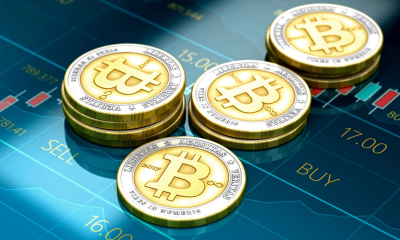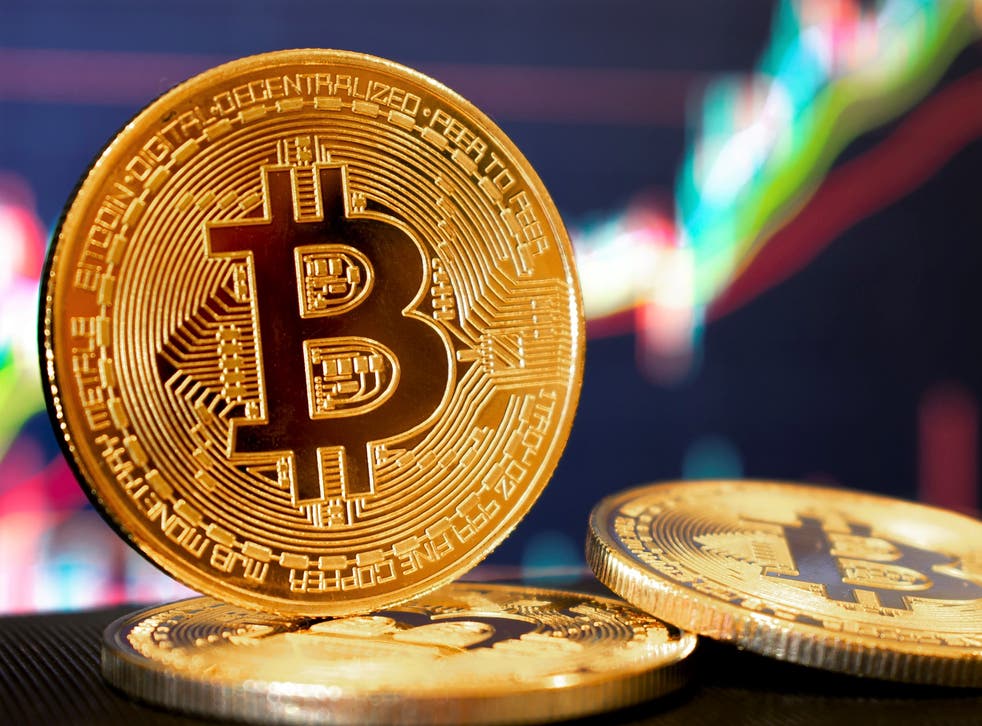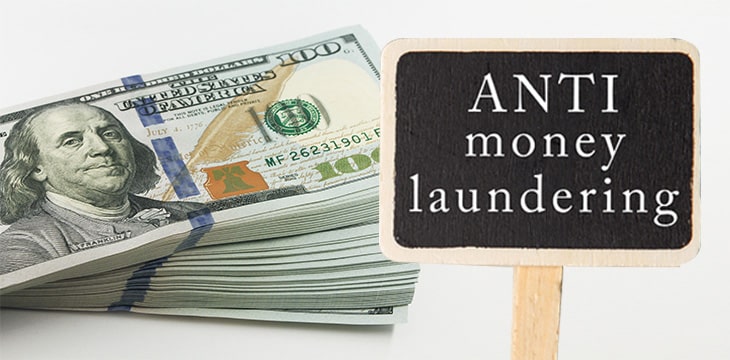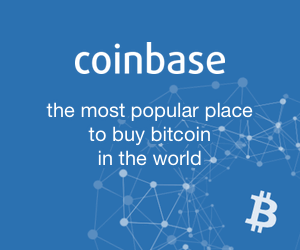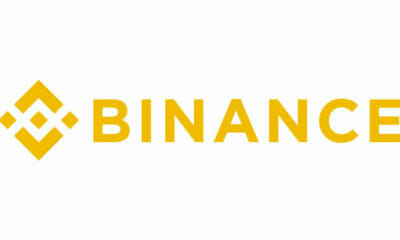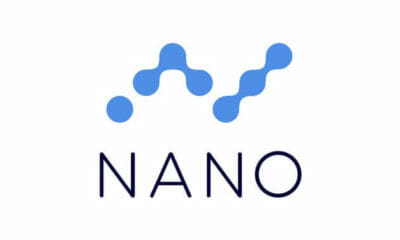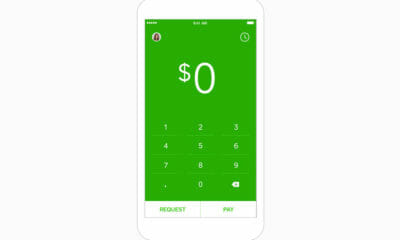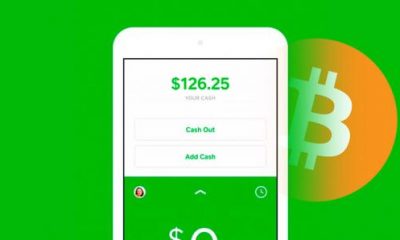A popular cryptocurrency Twitter account known as @Bitcoin, which is known for its support of Bitcoin Cash, is back after being suspended by the social media company.
In a tweet posted late Monday, @Bitcoin said it was discovered 36 hours earlier that the account had been suspended and that a new account with the same handle emerged, “posting nonsense.” @Bitcoin went on to say that “community & media outraged ensued” and that the account was later restored with 750,000 fewer followers than it had prior to the suspension.
I’m back, @jack pic.twitter.com/i4J2NBOuOy
— Bitcoin (@Bitcoin) April 9, 2018
@Bitcoin also threw some jabs at Twitter CEO Jack Dorsey, demanding an explanation for why the account was suspended while pointing out that Dorsey is an investor in the Lightning Network, a competitor to bitcoin.
Dorsey, also the chief executive officer of mobile payments processor Square Inc. (NYSE:SQ), has previously endorsed bitcoin, saying it could become the world’s dominant currency in 10 years. Still, @Bitcoin had some harsh words for Twitter.
This recent run-in with censorship proves that companies like Reddit and Twitter are the new dinosaurs bitcoin will make irrelevant
The ability to speak and transact freely with anyone, without fear of reprisal, is why I got into Bitcoin in the first place.
— Bitcoin (@Bitcoin) April 10, 2018
The Bitcoin Cash Debate
Giving @Bitcoin the benefit of the doubt, and signs point to the account’s owner being spot on, the source of this social media flap stems from the account owner’s support of Bitcoin Cash, which was split from bitcoin last year.
“Some Bitcoin Cash supporters suggest the new coin, which holds a greater number of transactions per block in its blockchain, is the real Bitcoin,” reports Bloomberg.
Bitcoin Cash supporters argue that bitcoin was originally created to be an efficient, inexpensive global payments network accessible to all users and that the recent move by some bitcoin endorsers to position the largest digital currency as a store of value on par with fiat money is akin to “selling out.”
Bitcoin Cash is the fourth-largest cryptocurrency with a market value of about $11.13 billion, as of this writing, according to Coinmarketcap.com. By comparison, bitcoin’s market capitalization is $116.19 billion.
The owner of the @Bitcoin Twitter account remains anonymous, but it is believe the person has been involved with bitcoin since 2009 and is well-known throughout the digital currency community.



